Global Launch Events Highlight Our Future on Earth 2020 Around the World
Since the launch of Our Future on Earth 2020 on February 6, its media and global impact has increased thanks to the hard work of the international Future Earth community helping to promote this new report. Online coverage has expanded to over 200 international media outlets, in 60 countries and a dozen languages. Notable pieces included articles by The Guardian, Thomson Reuters and op-eds in The Conversation and Project Syndicate (forthcoming).
Future Earth’s regional structures mobilized to host events that consider the report’s key theme (interconnected social and natural science underpinning current events) within a regional context. Here are some highlights. Check out the map for the full list of events.
Feb 13, Bengalaru, India: The Future Earth South Asia Regional Office, Divecha Center for Climate Change (DCCC), and Indian Institute of Science (IISc) hosted an event open to nearly 300 students and faculty from colleges in and around Bengalaru. It featured contributions from K. Kasturirangan, former Chariman of the Indian Space Research Organisation (ISRO), among other distinguished regional scientists and politicians, and resulted in local media coverage.

Feb 13, Pretoria, South Africa: The Future Earth Regional Office for Southern Africa (FEROSA) Secretariat hosted a launch event during its Stakeholder Platform meeting held at the National Research Foundation (NRF). The Africa Launch was attended by over 70 delegates from eleven 11 countries across the continent; Angola, Botswana, Kenya, Madagascar, Mauritius, Mozambique, Namibia, Tanzania, South Africa, Zambia and Zimbabwe. The launch began with Professor Robert Scholes, a member of the report’s Editorial Board, provided an engaging account of the report’s purpose and origin. This was followed by a presentation from Dr Odirilwe Selomane, a co-author on the report’s Biodiversity chapter. The launch was also attended by Professor Richard Calland, Politics Chapter lead author, and Coleen Vogel, Transformations Chapter co-author. Professor Calland also published an article in the Conversation Blog and in local media (South Africa Saturday Star), highlighting the report and his chapter’s message for the need to face climate denialism and right-wing populism.
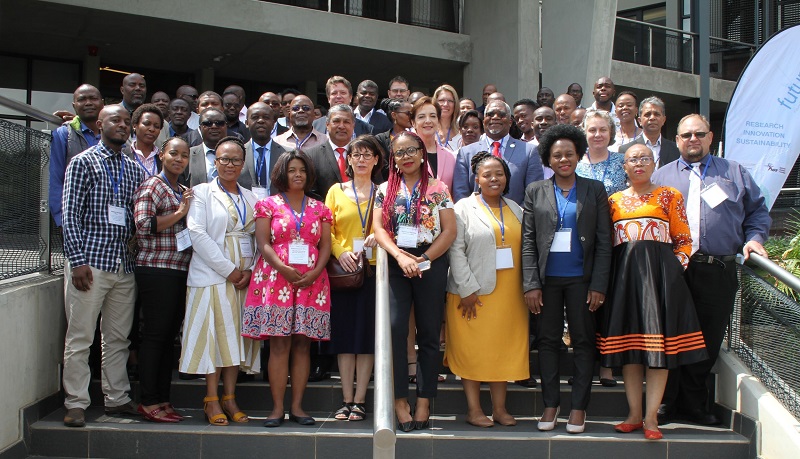
Feb 19, Hamburg, Germany: The German Committee Future Earth and the Climate Service Center Germany (GERICS) gathered three video statements from the report’s authors and broadcast an open webinar in German, hosted by Daniela Jacob, a member of the report’s Editorial Board and Director of GERICS.
Feb 19, Taipei, Taiwan: Future Earth Taipei and the Center for Sustainability Science, Academia Sinica held a panel discussion gathering 40 participants including scientists, experts, government officers and funders to discuss the report’s findings. A series of videos and a description of the event are available here.
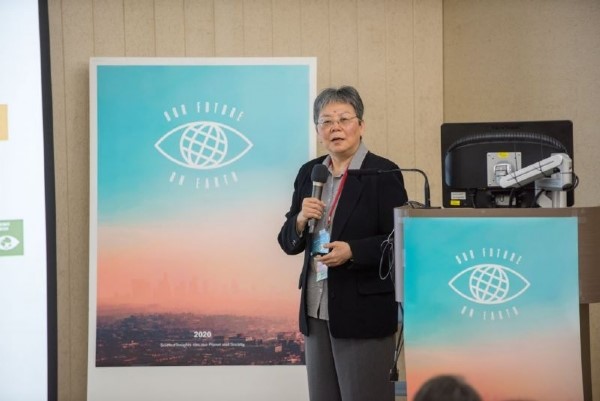
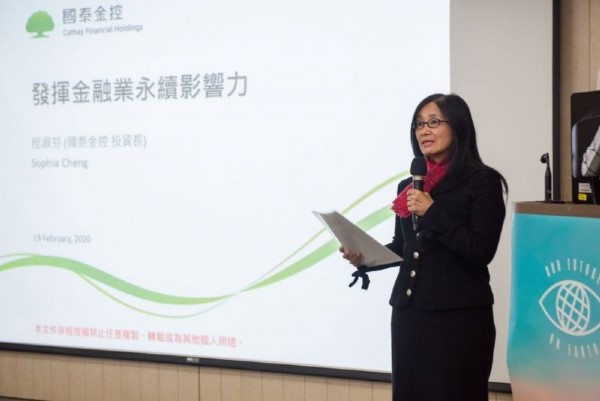
Feb 21, Bucharest, Romania: The Romanian National Committee of Future Earth presented the report during their annual meeting at the Romanian Academy.
Feb 22, Sikkim, India: The Integrated Mountain Initiative (IMI) – Sikkim Chapter (inmi.in) in association with Eco-Tourism & Conservation Society of Sikkim (ECOSS), Gangtok; World Wildlife Fund, Sikkim and Darjeeling; and Sikkim University in partnership, with the Future Earth South Asia office at the Divecha Centre for Climate Change (DCCC) organized a launch event for students, policy representatives and the non-profit sector. The event was covered by the local media. The counselor of IMI Sikkim, Mr P.D. Rai, former Member of Parliament (Lok-Sabha, India) and member of the Future Earth South Asia Governing Council convened the event and published an opinion article in the Sikkim Express and Summit Times.
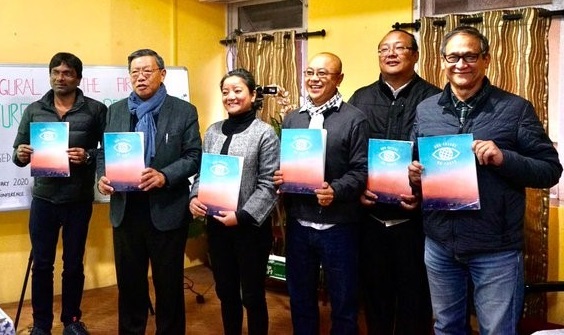
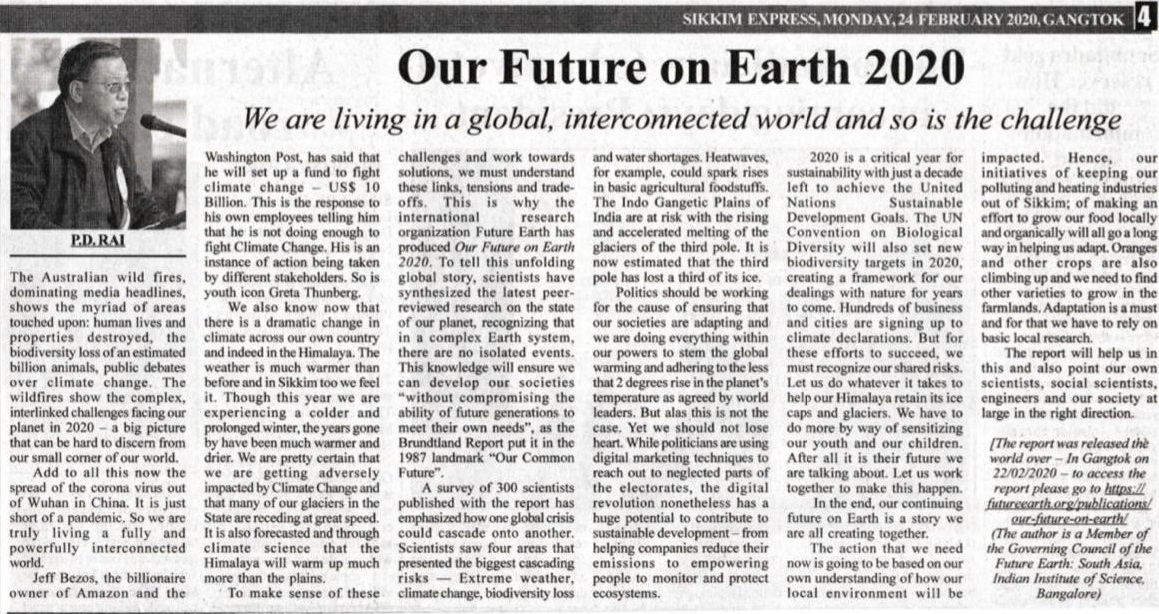
Feb 27, Dakar, Senegal: A French-language event was organized by Editorial Board member David Akana in partnership with the International Fund for Agricultural Development and the agricultural non-profit CORAF. The event welcomed about 40 participants, (UN agencies, NGOs, media, scientific and diplomatic community) and featured a video address by Robert Blasiak, lead author of the Ocean chapter.
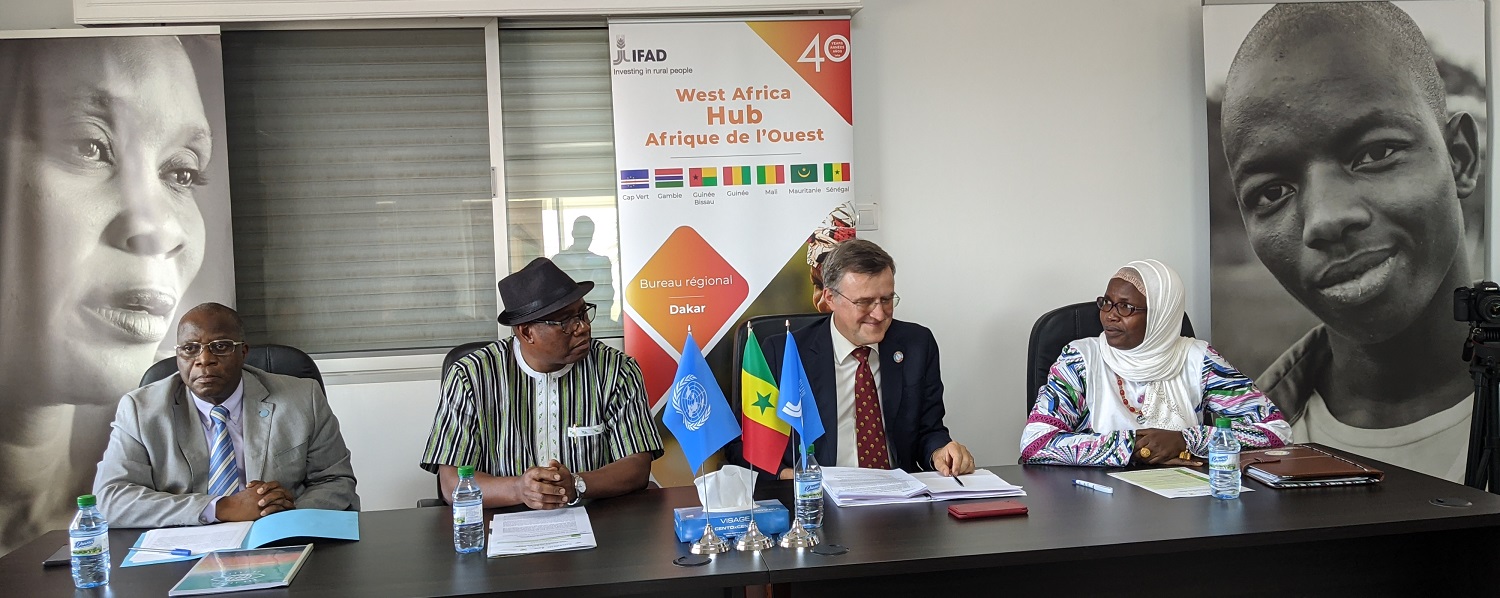
DATE
February 27, 2020AUTHOR
Andréa VentimigliaSHARE WITH YOUR NETWORK
RELATED POSTS
Future Earth and UNDP Collaborate to Promote Climate Action Through Behavioral Change
Program Now Available for the Year’s Top Sustainability Science and Innovation Event in Finland
Future Earth Members Join UN Ocean Conference in Barcelona